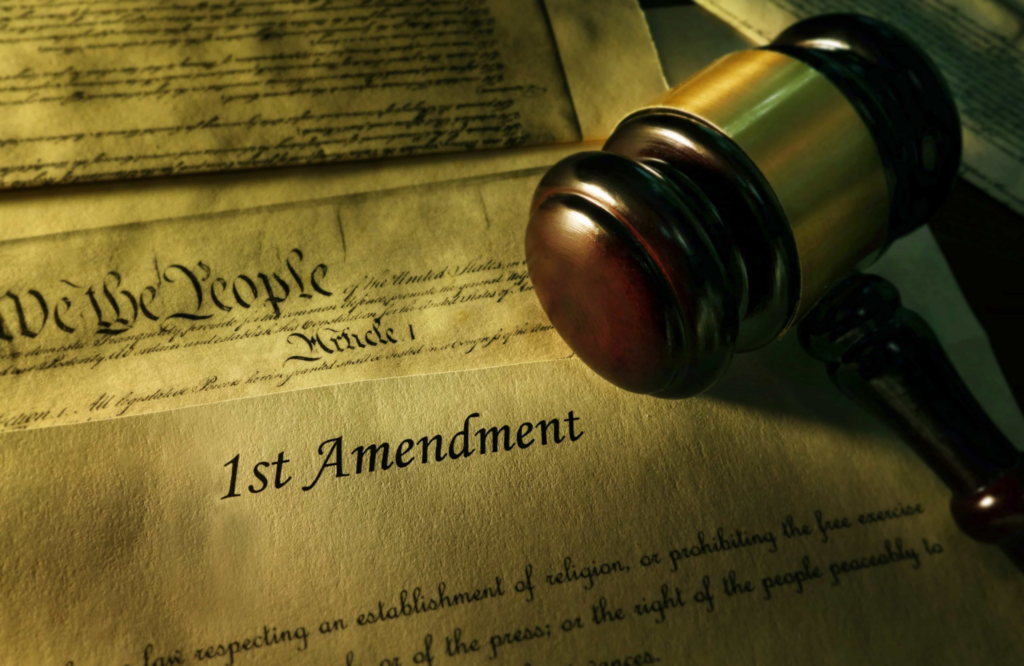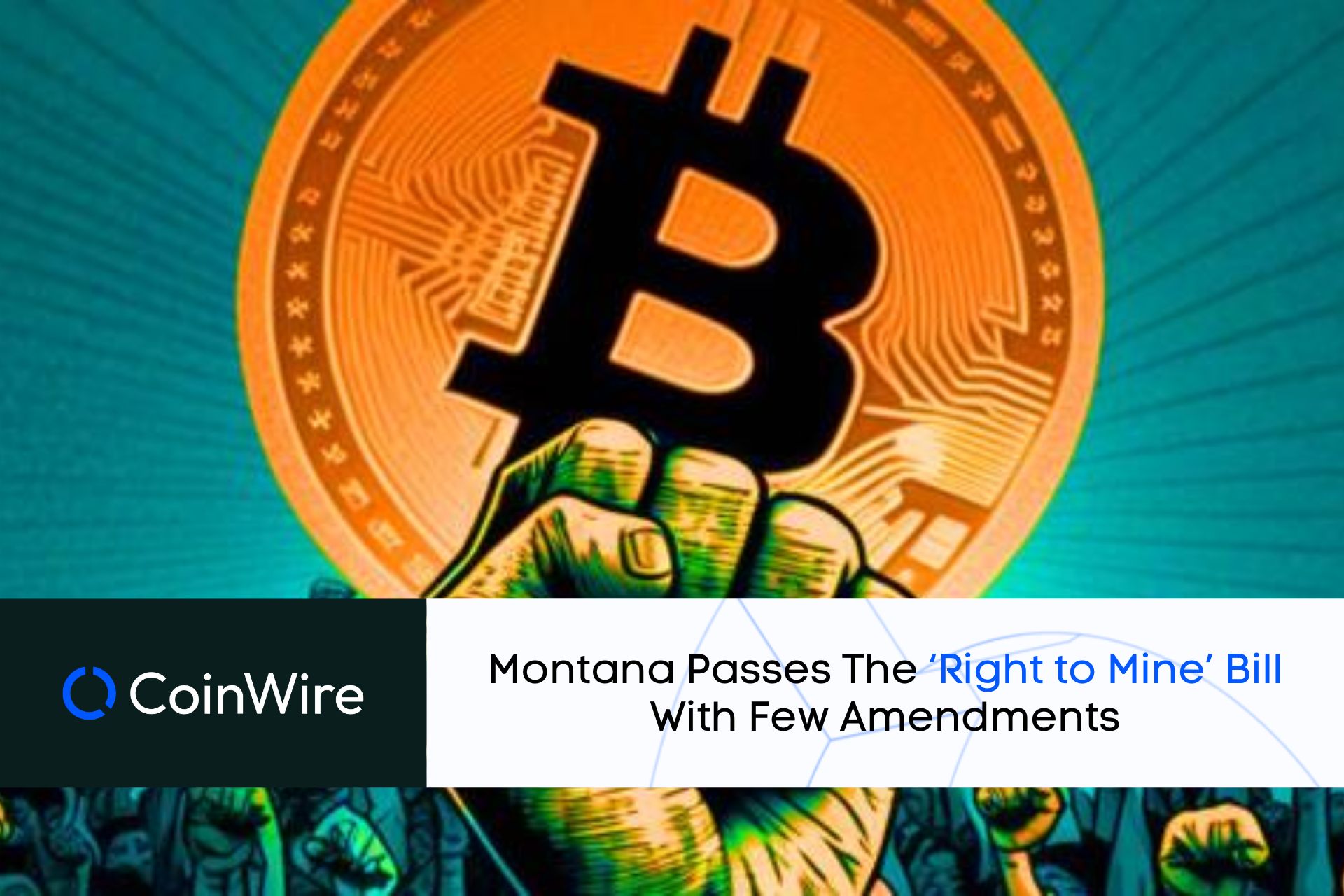
The ‘right to mine’ cryptocurrency measure for Montana cleared the Senate in February and is now on Governor Greg Gianforte’s desk. The aforementioned bill aims to protect the rights of cryptocurrency miners in Montana, a state in the United States.
According to reports, the ‘right to mine’ cryptocurrency measure has already passed the state’s House of Representatives third reading. The governor’s signature is the only item still required before the bill can be declared an official law.
More Details About the ‘Right to Mine’ Bill

The ‘right to mine’ measure is thought to be measure 178, which prohibits local governments from interfering with crypto mining activities. On April 12, this bill was passed by a vote of 64 to 35 on its third reading. It is also worth noting that the law was already passed by the legislature in February.
The bill is currently on Governor Greg Gianforte’s desk. Although Governor Gianforte has the authority to veto the measure, reports indicate that he is unlikely to do so because he is a Republican, as is the bill’s sponsor, state Senator Daniel Zolnikov.
The aforementioned measure also aims to establish a “digital asset mining right” and outlaw charging cryptocurrency miners a different fee for electricity. Additionally, the aforementioned bill aims to protect mining operations that are conducted “at home” and eliminate the local government’s ability to use zoning regulations to restrict crypto-mining activities.
The aforementioned bill also prohibits any additional taxes on the use of cryptocurrencies as a form of payment. Additionally, it classifies “digital assets”—which include stablecoins, non-fungible tokens, and cryptocurrencies—as “personal property.”
Amendments to the Bill

According to reports, there has been one substantial change made to the bill’s draft compared to the initial form. Furthermore, section three has been drastically condensed in the present version. The previous iteration of section three took up nearly three entire pages and contained various topics unrelated to cryptocurrency mining.
A prohibition on putting different standards on mining centers from those on data centers is included in Section 3’s current list of three particular areas that limit the authority of local authorities. It is also important to note that, in light of the aforementioned bill, police cannot stop crypto mining in commercial spaces or private residences.
In addition to the “right to mine” measure, another piece of legislation that aims to shield cryptocurrency miners from unfair rules and fees has made it through the Arizona House of Representatives and Senate and is now awaiting the governor’s approval.



![The Complete Guide to Add Bitcoin to MetaMask Wallet ([currentyear]) 12 Add Bitcoin To Metamask Featured Image](https://coinwire.com/wp-content/uploads/2023/05/add-bitcoin-to-metamask-1024x683.jpg)
![Best Crypto Exchanges in Philippines (Updated in [currentmonth] [currentyear]) 13 Best Crypto Exchanges In Philippines Featured Image](https://coinwire.com/wp-content/uploads/2024/04/best-crypto-exchanges-in-philippines-featured-image-1024x683.jpg)

